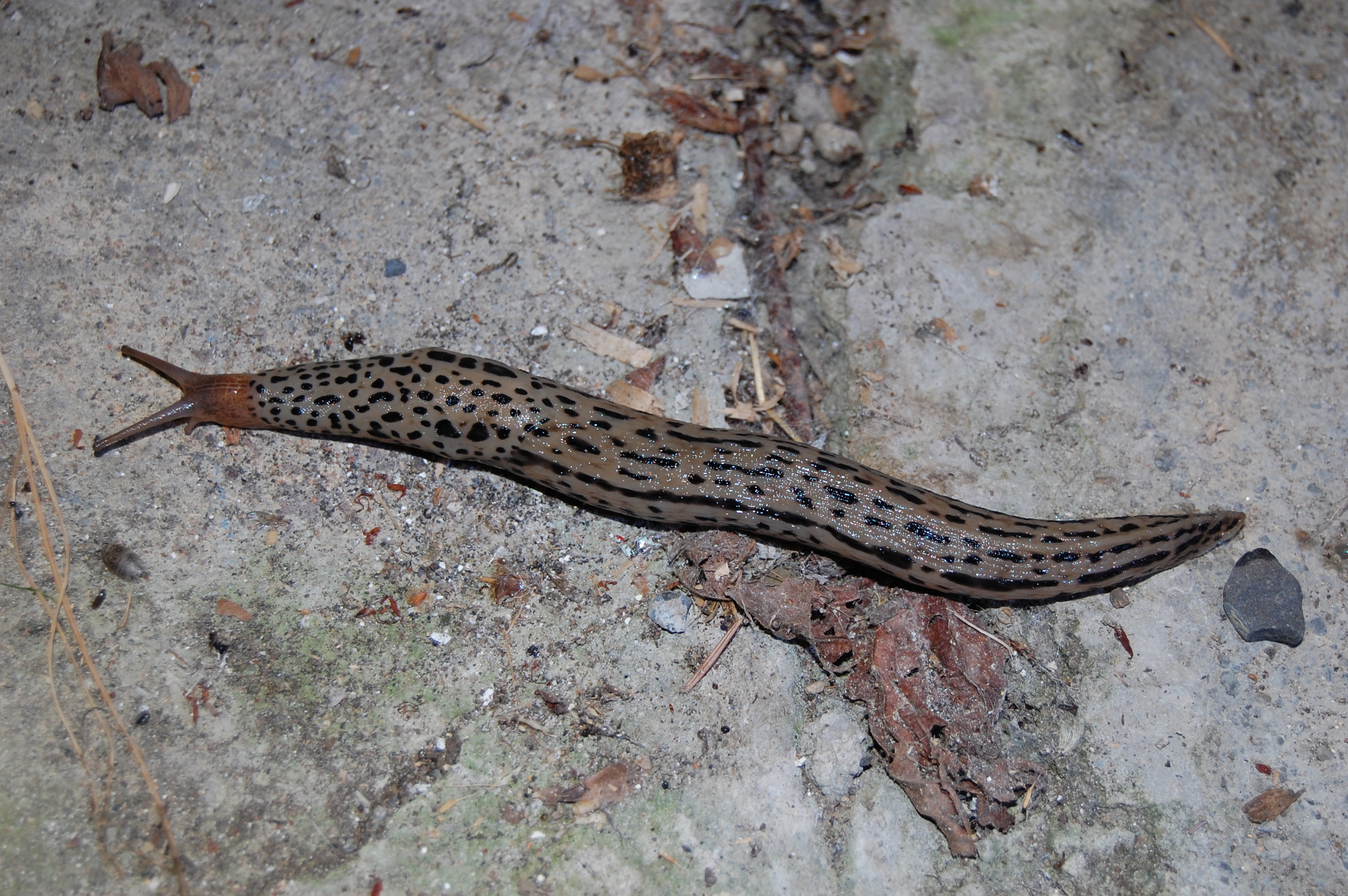The craft of creative writing, both fiction and non-fiction, demands that we immerse ourselves in the world in which we live.
In order for our writing to be deep, broad, and wide, our lives must go there first. It also demands that the writer take a flight of imagination. It’s that feeling of lift-off, when our pulse races and colour floods to our cheeks. It’s the ‘aha’ moment of the haiku poets. It’s the feeling of flow rising up through the body and on to the page. It’s addictive. It’s what all writers yearn to contact.
We can simplistically assume that nature-writers give more weight to the first skill, and that writers of fantasy fiction, for example, make more use of the second. However, in successful creative writing, the first cannot exist without the second. How can you take off, if there’s no ground to launch from?
For some writers, observing life doesn’t come easily.
As they are happy to remind me, attending to the minutiae of life is exactly what they were trying to get away from when they took up writing! Others writers work well on the ground, but lack the vitality and flight. Their passion is for diving deep with the present moment experience. They sometimes fear letting go.
If you are one of those who want to yawn and put your head down on the clean white page at the thought of writing about the every day world, the winner of the Wild Words Competition 2014 might be of particular interest to you.
In her winning poem ‘What a Leopard Slug Knows’, Julie Stamp shows us that it’s not that life is interesting per se, but that we choose to make it interesting by giving it kind attention. As writers, how we treat a subject is more important than our initial choice of subject.
It was a nature documentary that opened Julie’s eyes to the wonders of Limax maximus: the Leopard Slug. Having researched further, assimilated and pondered on the facts, she felt ‘compelled’ to write a poem. She has this to say on the subject of making the mundane interesting:
Take time to scratch beneath the surface, to investigate those aspects of nature which are not fully understood, and even the most maligned and humble creatures can be admired and appreciated for what they are and what they contribute to our world.
And this was her personal process around the meeting of observation and imagination:
It was important to write from the slugs’ point of view and that its voice should reflect its extraordinariness….The more I visualised this world, the more I was able to make the transition between the images in the documentary and the vision in my head.
When we decide to make contact with a subject that repels or bores us, and translate that into contact between pen (or keys) and page, we stand steady in the face of our fears. We expand our comfort zone, and our world.
And as to boredom, and the falling asleep on the desk thing, well, I would suggest that these are sometimes unconscious defences. Against what? Against being truly in relationship with life and the vulnerability that comes with that.

